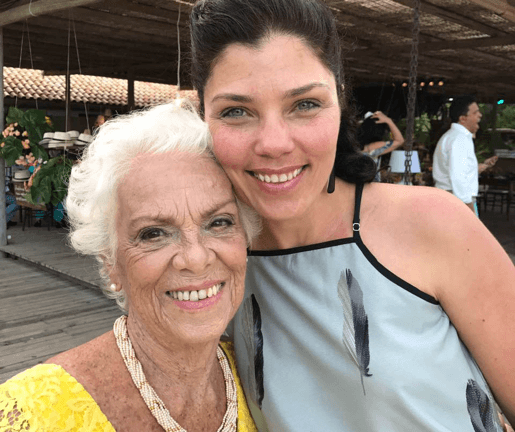What If I Choose You To Be Legally Responsible For Me?
By Marilia Duque E S, on 8 January 2018
In 2002, Brazil adopted the World Health Organization guidelines for ageing societies, which protects people over 60 from violence and discrimination, addressing key issues as health, food, education, culture, sports, leisure, work and citizenship. Indeed, the Brazilian Public Health System (SUS) is accessible to everyone. But outside the state health service, the law enshrined in the National Policy for the Elderly sees elderly welfare as a responsibility of “the family, the community, the society and the state”. In other words, the family is also viewed as the primary institution legally responsible for people over 60.
For example, people over 60 are supposed to live with their families, and the state will only intervene when relatives provide evidences that they cannot afford this responsibility. The same applies to nourishment. But the National Policy for the Elderly goes even further. By law, people over 60 can sue their grown-up children to enforce this legal responsibility. If they have more than one child, they can also decide which of them will take on the onus of care. If you are selected, you can sue your brothers or sisters to try to enforce their share in this responsiblity. In most cases however, it will be a lost cause.

My grandmother and me
The National Policy for the Elderly understands that people over 60 can nominate who will become responsible for paying for this support, and it includes choosing just one of their children. If their children don’t have sufficient incomes or are deceased, grandchildren,brothers and even nephews can be nominated, too. Kinship has traditionally been a core topic within anthropology. But in this case, Brazilian law gives it a quite unique dimension – which I will explore during my ethnography of middle-age.
 Close
Close




